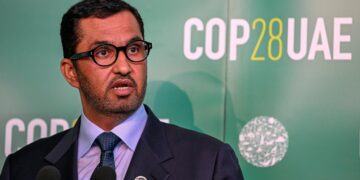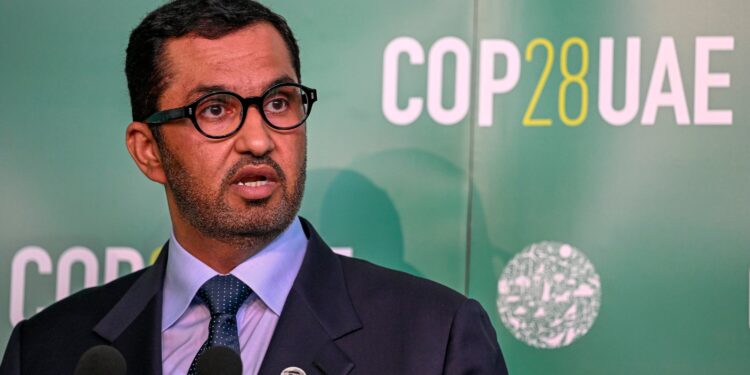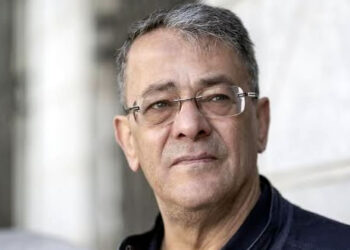By John Ikani
The ongoing climate change conference in Dubai, COP28, is on the brink of concluding with a groundbreaking deal urging a global shift away from fossil fuels, raising concerns about its practical implementation among participants.
The latest version of the final communique, released on Wednesday morning, features significantly stronger language advocating for a departure from the most environmentally damaging energy sources.
If accepted, this agreement would mark the first time such a consensus has been achieved in nearly three decades of climate change negotiations. Climate analysts affirm that this text aligns with the goal of achieving climate neutrality by the middle of the century.
Speculation surrounds the deal’s fate, hinging on the acceptance of the wording by oil-producing countries, particularly Saudi Arabia.
While COP28 was scheduled to conclude on December 12, lingering disputes over issues such as the phase-out or reduction of fossil fuels, inadequate financing for the Global Goal on Adaptation (GGA), and the inclusion of weak language in various draft texts have extended the negotiations.
Delegates at the COP’s Expo center, fueled by hopes that the final wording could be strengthened, continued discussions throughout the night following an initial disappointing text.
For economies like Nigeria, heavily reliant on revenue from the oil sector, a critical question arises: What will serve as the alternative economic driver as the world transitions to cleaner energy? Nigeria has already rejected calls for a phase-out or reduction.
Reactions To The New Text
In response to the freshly published text on Wednesday morning, Teresa Anderson of ActionAid International remarked, “While the new text signals the fossil industry’s inevitable decline, the wealthiest countries have unequivocally refused to provide additional finance to assist developing countries in realizing these targets on the ground.”
She emphasized that rich nations should recognize the absence of a free pass for climate targets, warning that lower-income countries grappling with climate disaster costs may face challenging choices between economic security and climate action.
Anderson pointed out loopholes in the text, highlighting mentions of carbon capture and storage, transition fuels, nuclear power, and carbon markets, indicating a challenging path toward a fossil-free future.
Eduardo Giesen, Regional Coordinator DCJ, Latin America, and the Caribbean, criticized COP28, stating that rich countries, in collaboration with global economic elites, missed an opportunity for genuine decarbonization and a just, equitable, and sustainable transition.
Climate activist Giesen expressed concerns about misleading concepts such as “unabated fossils” that perpetuate fossil fuel extraction, leading to climate vulnerability and violating the rights of communities and nature.
Nnimmo Bassey, HOMEF’s executive director, acknowledged the COP’s reluctant acknowledgment of the need for a “transition away from fossil fuels in energy systems” as a significant step. However, he noted the lack of concrete pathways and deadlines for this transition, emphasizing the COP’s failure to recognize fossil fuels as a broader climate issue beyond energy.
Bassey cautioned against false solutions, including carbon markets, carbon capture/storage, and other geoengineering models, which he believes would exacerbate the looming climate chaos.



































